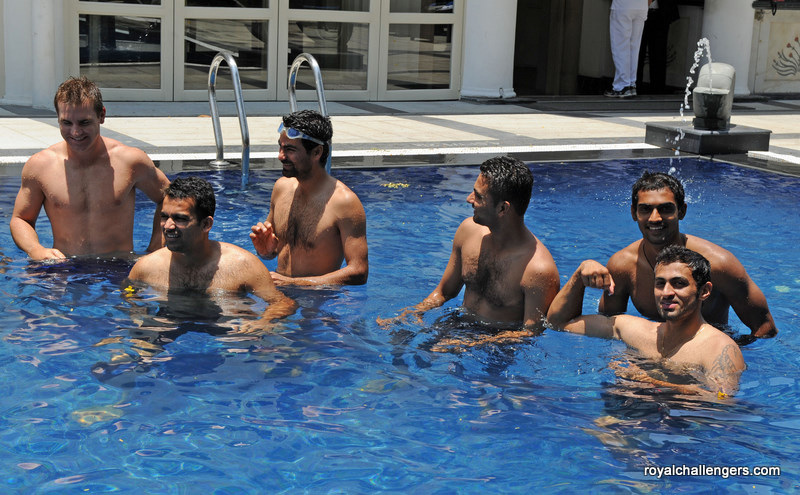Neural strategies focus on the nervous system and relieving tension. They are useful for sports that generate large amounts of muscle tension, such as American Football or Rugby Union. Hydrotherapy is a neural strategy that involves water immersion. There are multiple forms of hydrotherapy, which include:
- Contrast immersion – where an athlete moves between warm and cold-water immersion. This causes vasodilation and vasoconstriction, helping to remove waste products and deliver nutrients required for recovery.
- Even temperature immersion – where the athlete is immersed in warm water to assist with the removal of lactates and improves metabolic activity.
Hydrotherapy in warm water helps to relax the nervous system and the muscles they control. It relieves tension and helps speed up recovery so that the athlete is ready to perform again.
Massage is another neural strategy, which reduces muscle tension and relaxes the nerves. Massage helps with mental relaxation, which can lead to a decrease in muscular tension. The benefits of massage for recovery are still not adequately supported by evidence. Proposed benefits include: removal of waste products, increased nutrient delivery, mental relaxation, and minimising he effects of fatigue. There are various forms of massage including, Swedish, myofascial, trigger point, and sports. Sports massage is specifically developed to help remove waste products and reduce tension in the muscle.

